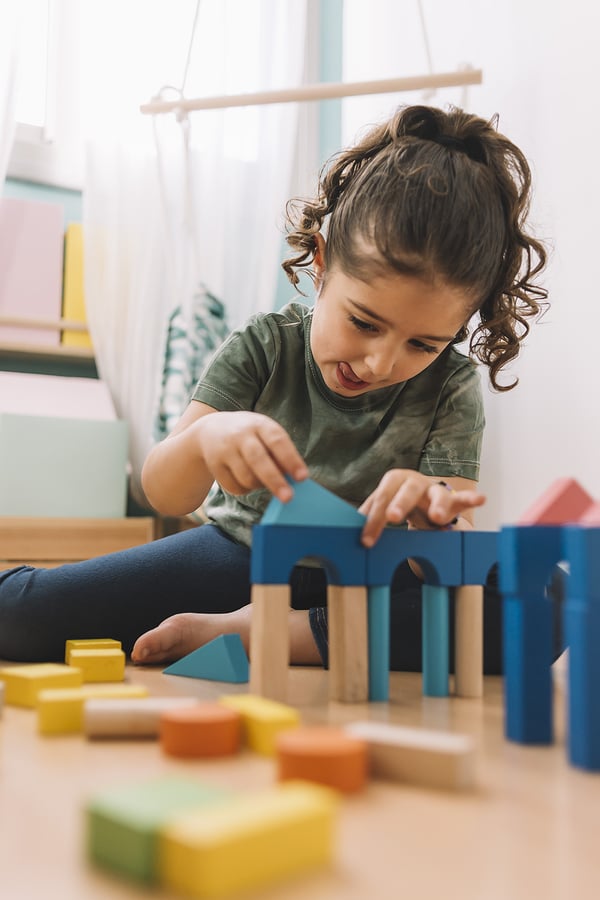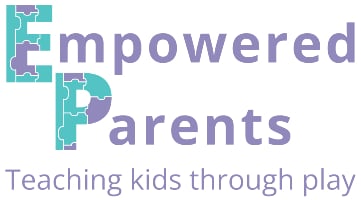During the first five years, children grow and develop at a rate that will never be matched later in life.
These early years are crucial and the impact of children’s early experiences on their total development shows how necessary it is to meet their needs as babies, toddlers and preschoolers.
It is important to understand and take care of your child’s basic physical and emotional needs. Read on to find out what the basic physical needs of a child are.
These are the Basic Physical Needs of Every Child
Here is a list of physical needs for children, according to De Witt and Booysen, authors of the book “Socialization of the young child“.
1. Affection
Children need physical touch and affection to grow. Touch is important for a child’s mental, emotional and physical development.
Many studies have shown that infants need physical touch in order to thrive. It shapes their brain development. [source]
Children who don’t receive enough human contact often fail to thrive and suffer from developmental delays and health problems. [source]
Babies need plenty of physical contact from birth in the form of being massaged, held skin-to-skin, picked up, cuddled, etc.
2. Nutrition
Nutrition is a vital factor in a child’s development, along with genes and environment. Research shows that nutrition is linked to health and academic performance in the early years. [source]
It influences brain development, behaviour and attention span and can reduce the risk of illnesses picked up later in life. [source]
In my experience in the classroom, children also struggle to keep up and concentrate at school if they have not eaten a nutritious breakfast.
3. Safety
Children need an environment that is physically safe and they need spaces they can explore freely without any danger.
Here are some examples of safety measures that should be put in place:
- Dangerous substances such as cleaning materials and medicines should be placed out of reach.
- Electrical plug points should have safety covers.
- Use stair gates for toddlers.
- Swimming pools should have a fence or cover.
- Dangerous objects should be locked away.
Children also need adult supervision during their early years. Even older children who want to play independently or with siblings and friends still feel more secure knowing an adult is nearby.
4. Healthcare & Hygiene
Children need access to basic medical care such as regular check-ups at the dentist and being able to see a doctor or specialist if necessary.

Infants need regular visits with a nurse who will monitor milestones and healthy development, and do basic health checks.
They also need intervention, whenever possible, in the case of physical birth defects, visual and hearing defects, etc.
Children also need a hygienic environment, including water to wash with and clean clothes to wear.
5. Sensory Stimulation
In order to develop the brain fully, children must get adequate sensory stimulation.
The five basic senses – taste, touch, sight, smell and hearing – as well as proprioception and the vestibular system must be well developed during the first few years.
Children learn everything through their senses and therefore require constant sensory stimulation.

6. A Home
As well as the need for shelter and warmth, children need a place that is home. This is a place they can feel safe and find comfort in as it is a constant in their life.
A home should be peaceful, organized and hygienic.
7. Educational Materials
Children who do not have access to basic, formative toys and educational equipment develop at a slower rate and do not receive adequate stimulation.

Educational toys need not be expensive and many waste products can be recycled to make your own materials.
8. Rest
Sleep is crucial for healthy development and for enabling children to concentrate and participate optimally during play or at school.
Children need a solid routine at home that involves a predictable bedtime and, depending on age, adequate daytime naps.
9. Play
Play is the most important activity during the first 6 years of a child’s life.
In order to play, children need time and space.
They need to play for large periods of time every day to develop and grow. If much of their free time is taken up by screen time, extra classes and adult-planned activities, it is usually at the expense of their play time.
They also need the space – indoors and outdoors – to engage in free play, get plenty of fresh air, experiment and learn about their world.
10. Regular Movement
Healthy bodies need regular movement. Not only does movement help with concentration and learning, but it is also how children develop their gross motor and fine motor skills.

Kids need to exercise and move their bodies continuously, which they usually do through play. Allowing time for play, as well as sports or other activities is a crucial physical need.
11. Independence
Children need a fair amount of independence and freedom to develop well.
They need the freedom to move, play, explore and exercise their growing independence, without being overly restricted and controlled.
They also need to learn self-care tasks such as cleaning and dressing, feeding themselves and taking care of their general physical needs.
Read all about the emotional needs of a child.


Chimwemwe zicco Balakasi
Sunday 28th of May 2023
That's really interesting l learn alot from this
Tanja Mcilroy
Monday 29th of May 2023
Thanks for your comment!
Steffi
Sunday 26th of March 2023
Dear Tanja, I love the depth and highly informative yet easy to digest article! Thank you for sharing your widom, Steffi
Tanja Mcilroy
Tuesday 28th of March 2023
Thanks for your kind words, Steffi!
Khaotu
Wednesday 1st of March 2023
I love this it really helped me with my children self care project.
Tanja Mcilroy
Thursday 2nd of March 2023
I'm glad this was helpful!